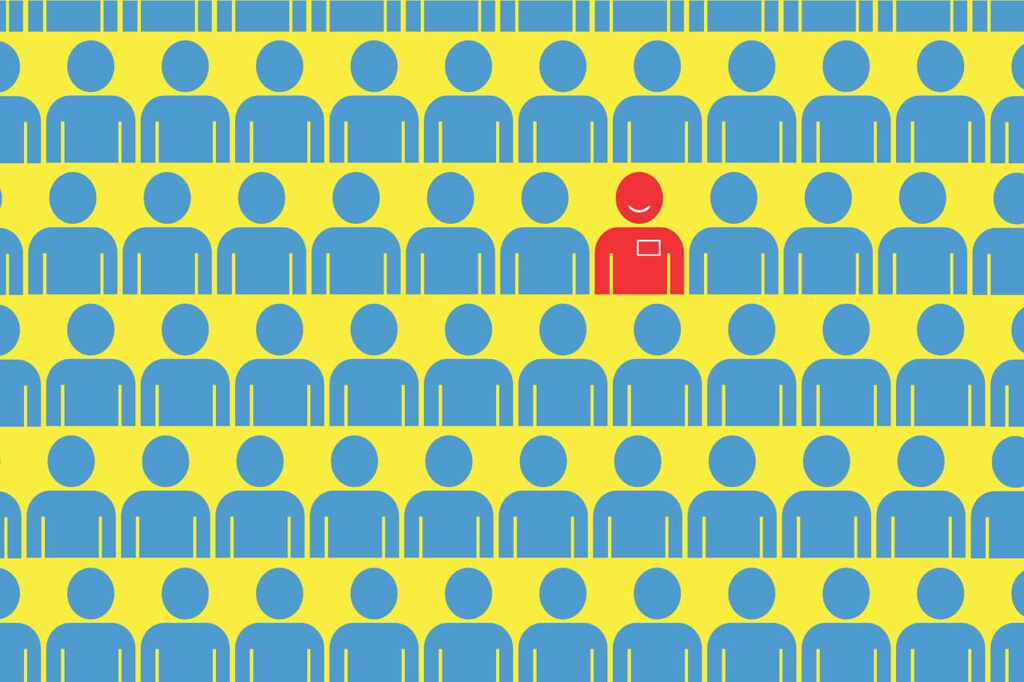[custom_frame_center shadow=”on”]
[/custom_frame_center]
You thought there was one color of envy. That saying that you’ve heard linked with envy uses a color more appropriately associated with nausea than the feeling of wishing you had something you didn’t. Green is unattractive on the human face, albeit usually short-lived and yielding an undesirable product.
Envy is considered one of the seven deadly sins. Envy searingly injects itself into any relationship at any time. It’s a punch to the gut, leaving an internal scar of shame. How do you avoid the sting of envy? It takes practice and patience. And maybe some counseling.
My friend Sarah is attractive and well-spoken. She was popular in high school and was voted senior class president. She chased after her dream of acting in New York City, and when that didn’t work out how she would have liked, she came home to a welcoming community and found a lucrative job.
I met her a few years ago and we clicked immediately. While we are very different, our core ideas and values are similar and we became besties. You wouldn’t think envy would fit into a best-friend relationship, right? How could one of the seven deadly sins play a part when you are talking with one of your closest friends?
Sarah goes to a lot of events. Some are for work and some are just for fun. She is well-known and gets a lot of invites for weekday and weekend events. She has the ability to work her schedule completely around an event. She used to invite me to these events, but we are at the point now she doesn’t ask because we both know I can’t go.
Anything on a week night is usually a no-go for me. I have a few “have-to” obligations on a few evenings and adding anything else (while my kids are young) doesn’t often happen. can’t head out at noon on a weekday and stay until the game clock runs out. There’s too much homework, dinner to make and kids’ activities. When have I been able to have a life like hers? It feels like never, but I guess it was about 14 years ago, sans children. Honestly I don’t remember it happening even then, so envy trumps jealousy.
I love spending time with my family, so what’s the problem? Sometimes I feel envious of Sarah. She seems like a jetsetter and it looks appealing. She talks about her events in detail (pre- and post-) and her excitement makes me feel nauseous. I feel that stick of envy and I cannot feel happy for her. How do I work through the envy and not lose my friendship?
Dr. Josh Gressel says envy can be a teacher. In his article, “Envy’s Higher Purpose,” Gressel says envy gives you an opportunity for self understanding, “…if you find yourself envious of someone’s raise in income, try and dig a little more deeply than to simply conclude “I want more money.” What is it the money would bring you? More ease? More opportunity? More status? A sense of success?”
So what am I really envious of with Sarah? It’s more than just “I want to have fun, too.” Is it more free time? More spontaneity? Less responsibility? Am I just acting like a big baby?
Perhaps one of my teachable moments is that my view of her life is just that – my view and not reality. She works hard and plays hard and supports herself completely. Upon asking about her goals, she wistfully admits she wishes she was married with kids. She loves her life and has enjoyed her opportunities to travel and attend events, but sometimes she wishes she had someone to share those times with. Surprisingly, she admits that when I’ve sent yet another picture of my youngest’s latest accomplishment, she has felt envious too.
Years ago, one of my co-workers gave me an excellent piece of advice. When I was complaining about not having a big house or a new car, like some of our co-workers, he said, “You could have those things. You just choose not to. You put your emphasis somewhere else, but you could have those things if you really wanted them.”
In Natalie Angier’s “Pain and Joy of Envy, the Brain May Play a Role,” Angier concurs with Gressel that it is possible for envy to positively influence our behavior. Think about it like taking the high road out of sheer desperation. “We struggle with our private envy, our longing for more esteem than we command, and the struggle only sharpens the painful contrast between the imagined perfection of the envied adversary that we have enshrined on an imaginary throne, and the defective merchandise that is ourselves.”
I had never thought about Sarah as an “envied adversary.” That pains me, so I am going to keep working on my envy issues. I am going to remember that co-worker’s advice and decide where I want to put my efforts. Maybe it’s as simple as inviting Sarah over more often and, after the kids are tucked into bed, we can open a bottle of wine and have more candid conversations. Those are events I know I can make time for.
By: Melissa Hardin Baysinger



